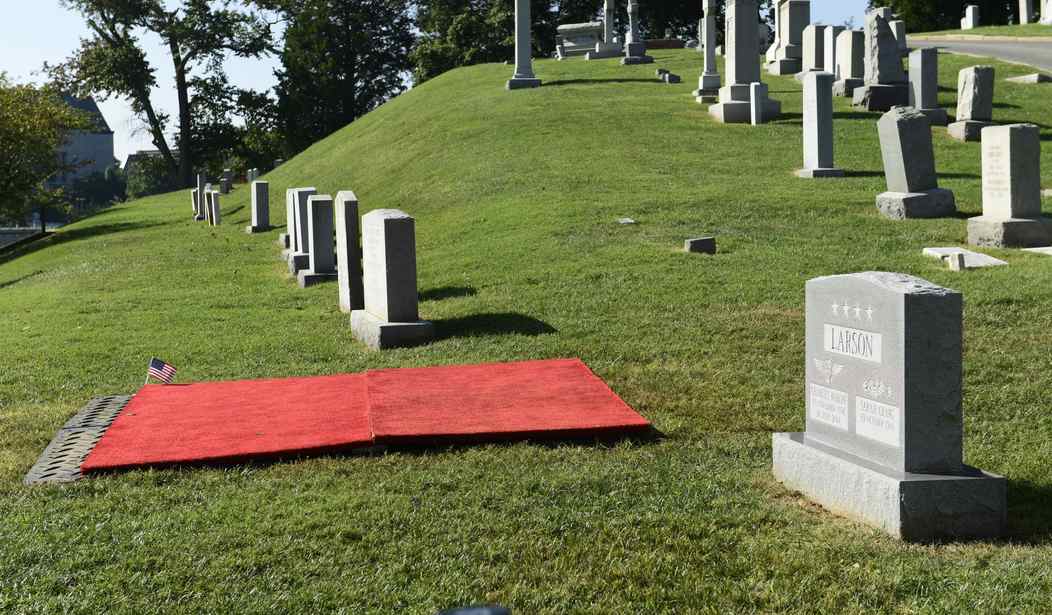Before beginning, I wanted to make it perfectly clear that this is not an article about physician-assisted suicide, medical aid in dying, or any of those admittedly controversial topics. The subject here is the type of care that we provide (or in too many cases, do not provide) to patients who have reached the ends of their lives with no other useful medical treatment available to prolong their productive existence. The death process and the prospect of facing the end of one’s time on earth are so painful and traumatic that many people avoid even thinking about it, to say nothing of openly discussing it.
I recently had the pleasure of interviewing someone who deals with these subjects on a continuous basis, and that interview is embedded below. His name is Dr. Christopher Kerr, MD, Ph.D., and he is the CEO and chief medical officer at Hospice Buffalo. Originally practicing neurology and internal medicine, in 1999, Dr. Kerr switched his focus to palliative care and hospice. At their center in Buffalo, New York, all of Dr. Kerr’s patients die. But the aid and comfort that his patients receive and the experiences they share at the end of their life has greatly informed Dr. Kerr’s practice and approach and he has been sharing this difficult but revelatory information with the world.
Dr. Kerr is the author of the book “death is but a dream – Finding Hope and Meaning at Life’s End” (among others). In it, he describes his own personal journey along with those of many of his patients as they neared the end of their days. His patients describe remarkably similar dreams, which the vast majority recall as being “more real than real,” where relatives and loved ones come to visit them in their final days, offering comfort and assurances that everything will be alright. Are these simply dreams or something more profound? It would appear that these incidents are too common to be simply written off as random fantasies.
Unfortunately, not everyone has the opportunity to work through this process. Some people, of course, die suddenly from accidents or violence. But even among the terminally ill or the very elderly, too many patients do not have the opportunity to experience hospice treatment or palliative care. There are multiple reasons for this. Some areas have fewer resources and care centers providing this type of care. But I was shocked when Dr. Kerr told me that many people are never really aware that they are dying. The hesitancy to discuss death that I mentioned above is not only present among the general population but also exists in the medical community in some instances. Dr. Kerr has met patients who were within days of their day of death and had no idea because no one had told them or helped them prepare.
I personally found all of this information completely revelatory (and there is so much more to learn than the points I have covered here). This seems stunningly important, and it involves a subject that every single person on the planet will have to confront sooner or later. In addition to the interview below and the link to Dr. Kerr’s book above, I will include here links to other resources the doctor has kindly made available. I highly recommend a deep dive into Dr. Kerr’s work, no matter your age or your state of health. We all have family members and friends who should be made aware of these types of resources before it’s too late.
One dozen interviews with patients who have gone through this process at the doctor’s facility, on YouTube.
Dr. Kerr’s TEDx talk from 2015, which really hits all of the key facets of this discussion and will lead you to links to other resources.
Our interview. (I apologize for the lighting in my office but I had to relocate some things and didn’t have it all put together when I had the opportunity to speak with the doctor.)








Join the conversation as a VIP Member